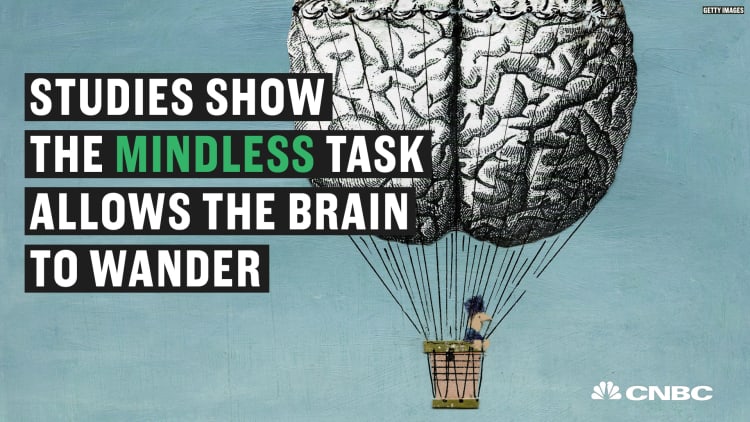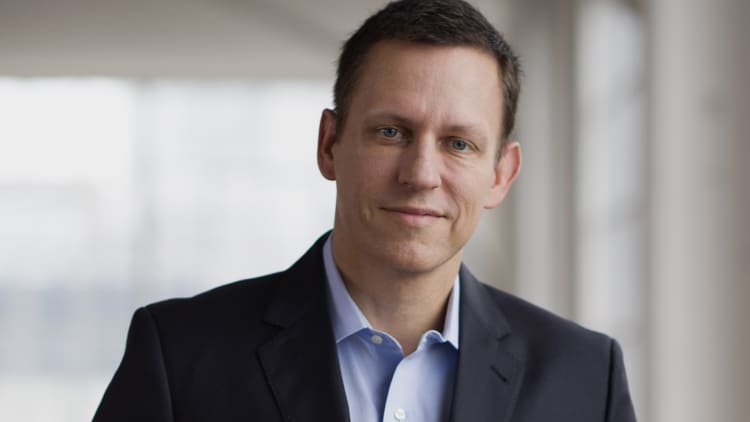People often ask me about the importance of mentorship — do they need a mentor? Why? How valuable is it to their career growth? On the flip side, potential mentors often have a desire to pay it forward, but want to get more out of mentoring relationships. Similarly, organizations will debate the importance of supporting informal and formal mentoring programs.
Having been on both sides of multiple mentoring relationships over the course of my career, I am a big proponent of mentorship. In an ode to one of my favorite hip-hop artists DJ Khaled, mentorship in my mind leads to this: "All we do is win, win, win!" Good for the mentee, good for the mentor and good for the entire organization.
The formal dictionary definition of a mentor is an experienced and trusted advisor. I define it as someone you can tell "the good, the bad and the ugly" to and who expects you to do the same for them in return.
The pay off? A triple win for everyone involved when mentees and mentors are able to form a relationship based on trust and honest dialogue.

Mentee wins
Feedback is a gift, and oftentimes the feedback from mentors is the most real you will ever receive. At every job and at every juncture in my career, a formal mentor or informal peer mentor has given me the "non-sugarcoated" version of feedback I may not have received otherwise. To this day, I remember these feedback conversations as turning points in my career — where I took the feedback, put it to work and started seeing the results.
Mentors have their ear to the ground on your behalf and know your hallway reputation. As a marketer, I always think I have a sense of my own "personal brand" in the workplace. Mentors, however, have always helped me understand my blind spots.
Mentors have always led to me expanding my network both inside the company and outside its wall. Beyond the basics of affording me new knowledge to do my job better, these networks always served me well, especially early on in my career.

Mentor wins
Being part of a mentoring duo means that you as the mentor get the inside scoop on what's working and what needs work within your organization. Open conversations with my mentees have oftentimes provided me with early warning signals of cross-functional dissonance or morale issues on teams. These discussions provided me with the opportunity to follow up and dig deeper before bigger issues could potentially arise.
Relationships with mentees have allowed me to refine my ability to develop my "plan of attack" for my direct reports and my business areas at a faster and more efficient clip. Business leaders at all levels need to assess situations and opportunities, and then provide succinct and clear feedback on action items and next steps.
Early on in my career as I became a manager of employees and functional areas, ongoing relationships and meetings with my mentees became the early training and practice ground for sharpening my "plan of attack."
Company wins
At the company level, beyond the clear ways that mentorship helps to develop and grow talent across all levels of an organization, formal corporate mentoring significantly improved employee retention at the organizations I've worked. Research has also shown that two-way mentorship helps to better transmit corporate cultures and values.
So if you're thinking of becoming a mentor, seeking a mentor or starting a mentorship program at your company, do it. The wins for each are definitely worth the effort.
Dhanusha Sivajee serves as Executive Vice President, Editorial and Marketing at XO Group Inc. She previously held roles at AOL Brand Group, Bloomberg, and HBO, and received a BS in International Management from the University of Manchester, England and an MBA from Duke University.


